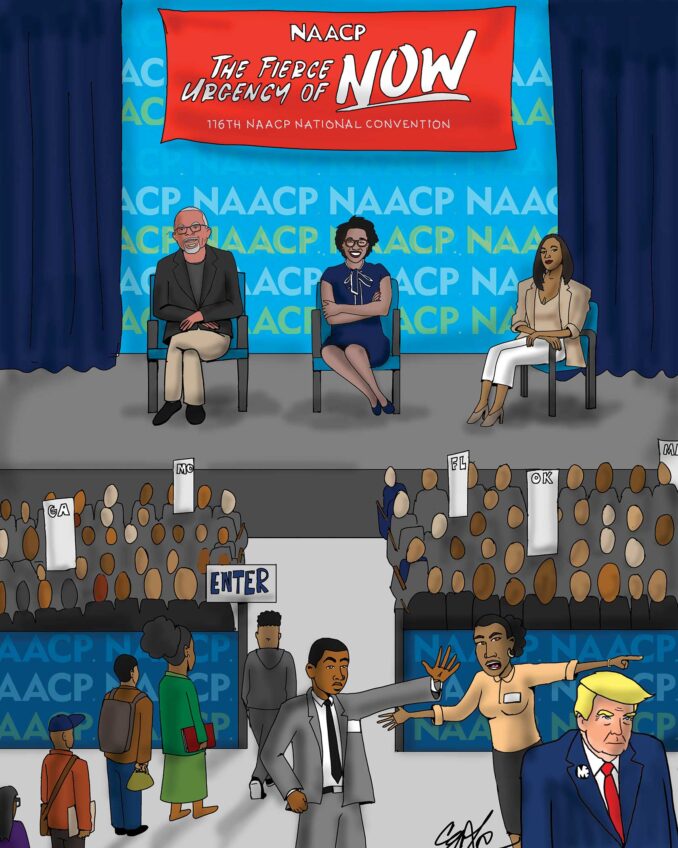Blacks often have difficulty benefitting from industrial plans to compensate them for workplace injuries. Retired Black NFL football players have had to sue the NFL for benefits due them because of dementia created by the contact violence in the game. Black players were evaluated differently for claims by race-based cognitive tests to establish qualifications for benefits. As a result, payouts for Blacks were less than they should have been.
The issue is financially significant. It is estimated that 70% of NFL football players are now Black. Payouts for injured players can be quite substantial. The amount depends upon the number of years as a player, his age, and the extent of the dementia or other cognitive and neurological diseases. An estimated $1 billion has already been committed for benefits.
As a result of the litigation, 646 players who were tested for dementia and not found to qualify will be retested without using the race criteria. Payouts to a player could be worth $500,000 or more. Rules against the disclosure of anyone’s medical records prevents the settlement administrator from specifically identifying Black claimants.
Two former players, Najeh Davenport and Kevin Henry, brought suit in August 2020 and charged the league with “explicitly and deliberately” discriminating against qualifying. The present modifications in the plan are the result of their effort.






